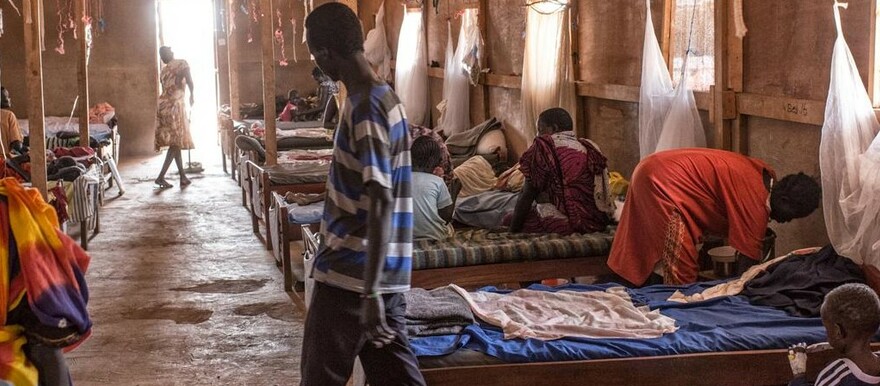About eight public health facilities in Melut County of Upper Nile State have been hit by shortages of essential medicines and supplies needed for emergency care, said local health officials.
Dr. Ajang Deng, Director of Melut County Health Department, told Radio Tamazuj on Thursday that the hospitals have been grappling with a severe shortage of essential medicines such as antimalarial, which he said is affecting service delivery to residents.
“We are facing a lot of challenges in terms of drug supplies. You know, since the beginning of this year, we have not got enough drug supplies in all health facilities,” Dr. Deng said in an interview on Thursday.
He attributes the drug shortage to delayed delivery by the National Ministry of Health.
The issue, he added, has been brought to the attention of the state government.
“The last consignment that we received was in May (last year) and I think it was not enough and until now, we have reported this to the state,” he said.
Deng also said the number of patients visiting the hospitals for treatments has more than doubled, given the influx of refugees from Sudan and IDPs in the county.
“So now you can see we are in the beginning of the rainy season or we are already in the rainy season and we don’t have enough drug supplies and this will be a big issue in Melut County. Our civilians will suffer a lot if we don’t get help from our donors and government,” he said.
The health official is worried that the drug shortage may result in a spike in cholera and malaria cases during the onset of the rainy season.
Nyok Thon Kun, Outpatient Therapeutic Feeding Program (OTP) Nutrition Assistance at Diingtma PHCU, said the facility registers 20 to 30 cases of children under five years old with severe acute malnutrition.
“Many challenges like now we are staying and the supplies have finished in the store here and for those of TSFP, so now since Wednesday we have a gap and as you see, we return some women with their children because we don’t have enough supplies in the store,” said Thon.
South Sudan has some of the worst health indicators in the world, and NGOs mostly fill a critical gap in healthcare financing in the country.




